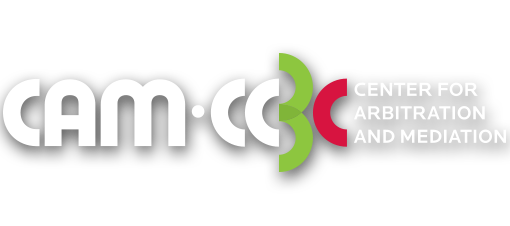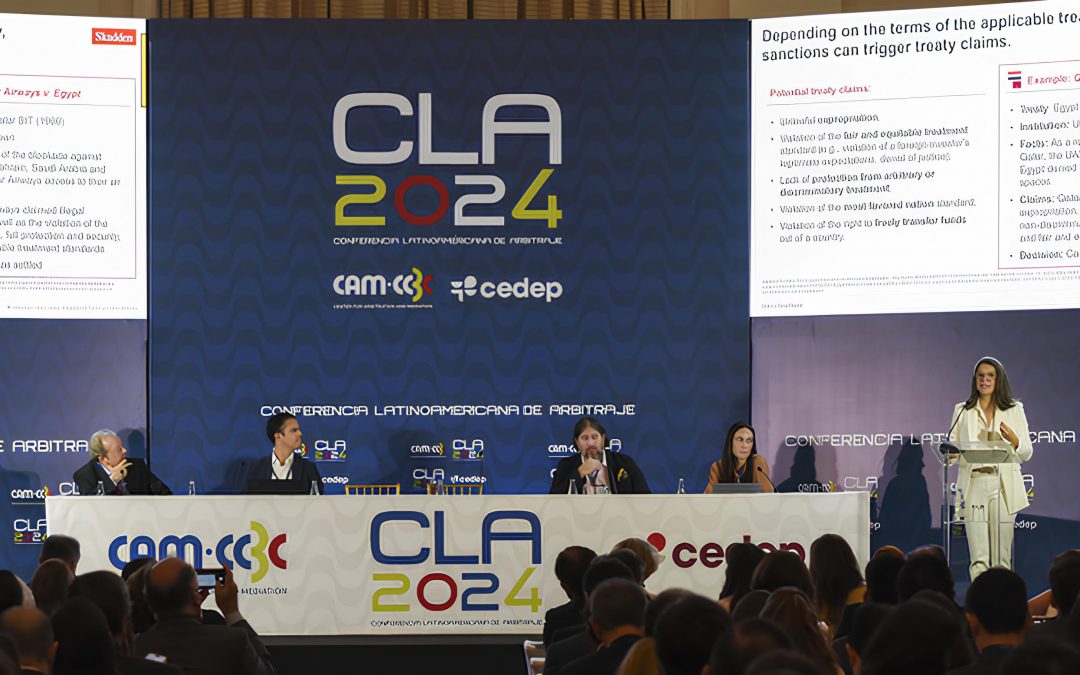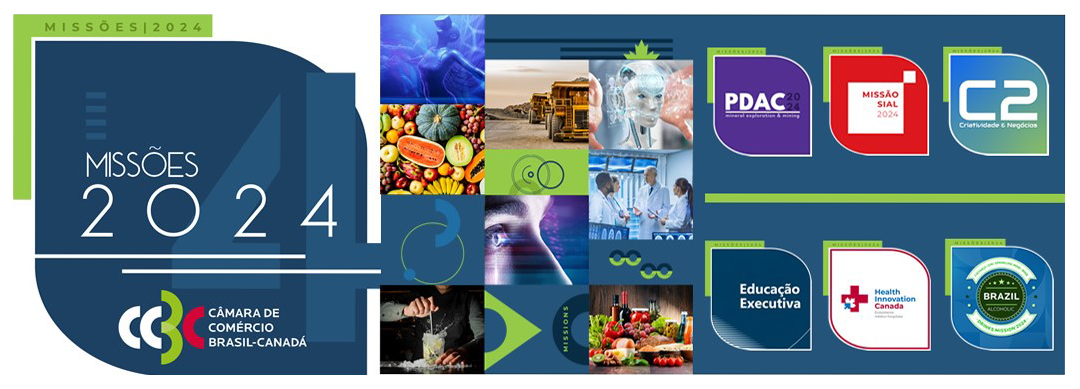Event was held in Rio de Janeiro and brought together experts from 14 nationalities
By Silvia Pimentel
Arbitration experts from 14 countries gathered in Rio de Janeiro to debate the future of alternative dispute resolution methods. During CLA 2024 – Latin American Arbitration Conference -, lawyers, arbitrators and professionals specializing in the subject took turns at round tables to discuss current issues, going through the impacts of political and economic crises on the development of arbitration to technical aspects of the administration of conflicts in arbitration chambers.
Opening the event, organized by the Arbitration and Mediation Center of the Chamber of Commerce Brazil-Canada (CAM-CCBC) and the Centro de Estudios de Derecho, Economia Y Política (Cedep), from Paraguay, Gabrielle Kaufmann-Kohler, honorary president of the International Council for Commercial Arbitration (ICCA), defended the importance of efficiently conducting arbitration to reduce delays and costs of the procedure. Kohler also highlighted the importance of transparency in arbitrations, as well as the courts’ diligence in reducing the time of hearings, limiting their holding only when there is a need. According to her, the implementation of these measures can promote more efficient and attractive arbitration for its users.
The president of CAM-CCBC, Rodrigo Garcia da Fonseca, highlighted the relevance of arbitration in Brazil and the need for union with other Latin American countries to exchange experiences. He also highlighted data from the Facts & Figures survey, which showed a 14% increase in the number of new actions administered in 2023. According to the report, the number of processes administered increased from 121, in 2021, to 138, in 2022.
Crises and legal aspects
One of the event’s panels was dedicated to debating the impacts of national and international political crises on arbitration in the world. Cristián Conejero, a specialist in international arbitration, drew attention to the increase in political conflicts, and their power to affect the efficiency of arbitration.
According to Fernando Tupa, a specialist in investment arbitration and complex commercial disputes, political conflicts can bring difficulties, such as the emergence of nationality arbitrators who are developing an internal political crisis, as is happening in Venezuela. This may lead the Courts to reject this professional because of their nationality. Therefore, this situation can create difficulties, from a practical point of view, in addition to being potentially harmful to arbitration.
In this context of crises, Débora Visconte, president of the Brazilian Arbitration Committee (CBar), observed that in Brazil arbitration is moving in the right direction. The biggest challenges, in her view, fall on the legal framework of arbitration and attempts to change legislation that is already well consolidated.
During the event, the expert mentioned the content of PL 1289/2024, currently being processed in the Chamber of Deputies, drawing attention to the risks of distortion of arbitration in the country, as the proposal intends to grant arbitration chambers the power to execute judicial titles .
Practice
The practical aspects of arbitration were also discussed at the event. Panelists discussed the importance of optimizing and systematizing the production of documents in arbitration, seeking greater efficiency and clarity in the processes. The need to rationalize procedures and adopt best practices that guarantee more agile and effective document management were highlighted by some speakers.
Best practices and challenges in the use of expert documents, essential for substantiating arbitration decisions, were also topics explored at the event. Professor Carlos Alberto Carmona, partner at Marques Rosado, Toledo Cesar & Carmona Advogados, highlighted the bottlenecks in arbitration procedures and the need to prepare experts. Andrés Jana, lawyer and founding partner of “Jana & Gil Dispute Resolution”, highlighted conflicts of interest and the importance of experts’ impartiality, as well as the different aspects that exist on the topic. Eliane Carvalho, partner at Machado Meyer Advogados, and Nadia de Araujo, partner at Nadia de Araujo Advogados, discussed the selection and strategic use of experts, while Flávio Yarshell, founding partner of Yarshell Advogados, expressed concerns about “the gray area” between the relevance of the evidence for the arbitration court and the party’s right to defense.
The role of secretaries in arbitrations and the extent of their responsibilities in drafting documents and decisions was another subject of attention from the panelists. José Roberto Castro Neves, professor and partner at Ferro, Castro Neves, Daltro & Gomide Advogados, emphasized the very personal nature of the arbitrator’s activity and the diversity of opinions on the role of secretaries. Patrícia Ferraz, Director of Arbitration at ICC, shared her experience as an arbitral tribunal secretary, highlighting the importance of guidance, supervision and review by arbitrators on the work of secretaries.
Technological innovation, the limits to its use and the need for human supervision were other major themes of the event, especially the use of ChatGPT in arbitration, which promises to influence the way disputes will be resolved in the future.
Fernanda Pantoja, Professor at PUC-RIO and PhD in Procedural Law, drew parallels with the film “Back to the Future”, discussing risks such as errors, biases and lack of emotional intelligence, and the need for human supervision. Filipa Cansado, a specialist in conflict resolution, warned about the limits of delegating tasks to AI, while Monica Van der Schraft, partner at Garrigues Chile, emphasized the importance of preserving the basic principles of arbitration to guarantee confidentiality and the issuance of valid reports and executable. The Silicon Valley Guidelines were also mentioned as an example of recent regulation on the topic.





